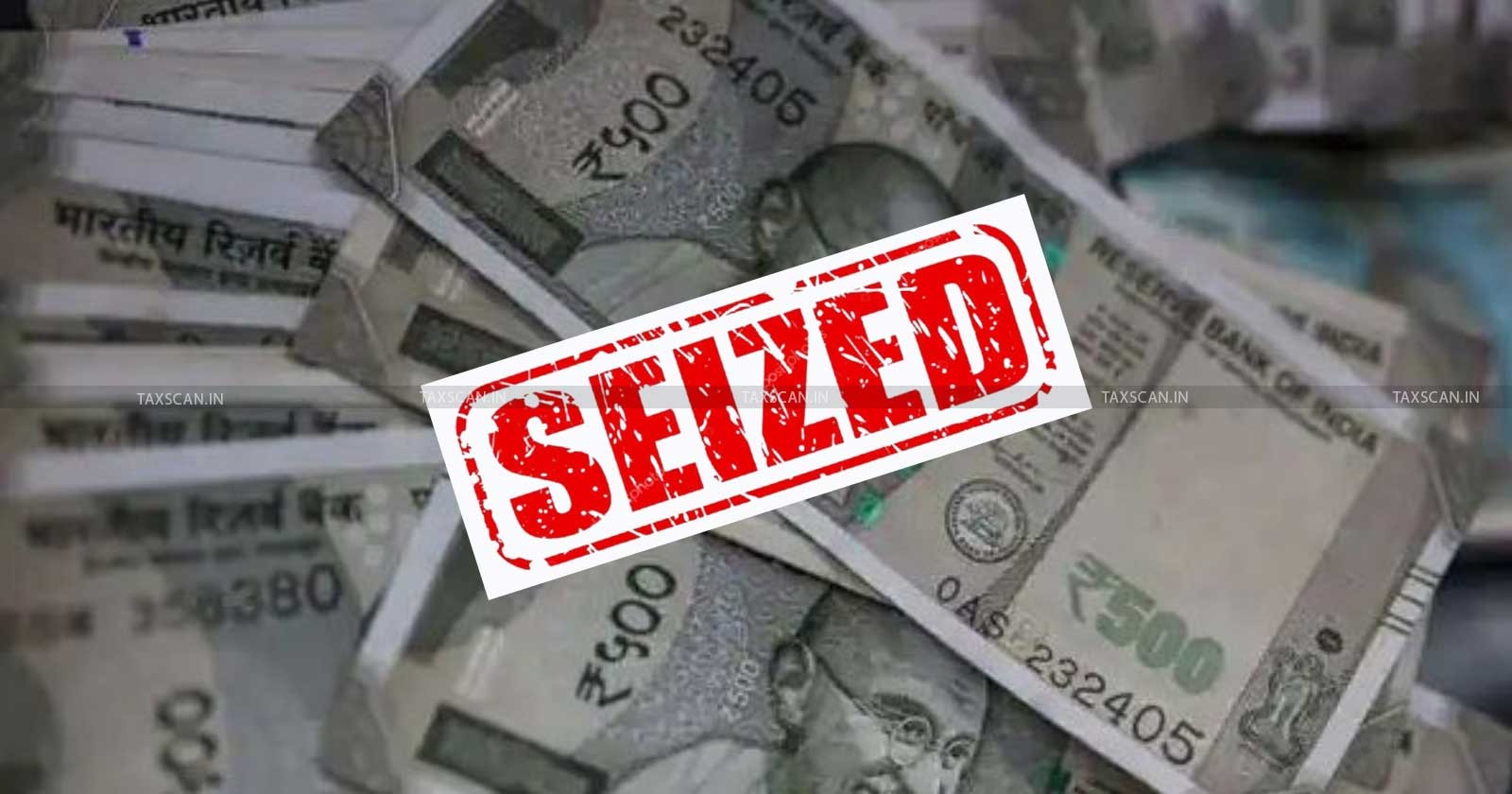Recovery of GST Demand from ECRL Valid u/s 79(1)(a) when assessee Fails to Pay Demand Within Time: Chhattisgarh HC [Read Order]
Section 79(1)(a) expressly authorizes the proper officer to recover unpaid tax by deducting from “any money owing to such person which may be under the control of the proper officer.”
![Recovery of GST Demand from ECRL Valid u/s 79(1)(a) when assessee Fails to Pay Demand Within Time: Chhattisgarh HC [Read Order] Recovery of GST Demand from ECRL Valid u/s 79(1)(a) when assessee Fails to Pay Demand Within Time: Chhattisgarh HC [Read Order]](https://images.taxscan.in/h-upload/2025/10/10/2095342-gst-demand-pay-demand-chhattisgarh-hc-taxscan.webp)
The Chhattisgarh High Court upheld the validity of recovery of GST ( Goods and Services taX ) dues from the assessee’s Electronic Credit Ledger (ECRL) under Section 79(1)(a) of the CGST Act, 2017.
The petitioner, Shivam Metallurgicals Private Limited challenged the deduction of ₹2,87,914/- from its ECRL, arguing that such recovery was illegal, without authority of law, and in violation of natural justice. It was contended that the assessee had already filed a rectification application against the assessment order dated 25.02.2025, and later preferred an appeal before the appellate authority.
While rejecting these submissions, the Court noted that an assessment order raising a demand of ₹10,32,672/- had been duly served on the assessee with a 30-day payment window, which was not complied with.
 Also Read: Afterthought Evidence cannot Override Voluntary Returns: Kerala HC dismisses Income Tax Appeals in Cash Seizure Case [Read Order]
Also Read: Afterthought Evidence cannot Override Voluntary Returns: Kerala HC dismisses Income Tax Appeals in Cash Seizure Case [Read Order]
Since the assessee failed to pay the demand within the prescribed period and no stay order was granted on the assessment, the department was well within its powers under Section 79(1)(a) to recover the dues by deducting amounts from the ECRL.
The bench of Justice Naresh Kumar Chandravanshi stated that Section 79(1)(a) expressly authorizes the proper officer to recover unpaid tax by deducting from “any money owing to such person which may be under the control of the proper officer.”
Since the recovery from the ECRL took place on 19.06.2025, prior to the filing of the appeal on 14.08.2025, and no interim protection existed, the action could not be termed illegal.
Accordingly, the writ petition was dismissed at the admission stage, and the Court upheld the recovery as valid, holding that failure to pay the GST demand within time renders recovery from the electronic credit ledger lawful under Section 79(1)(a).
Support our journalism by subscribing to Taxscan premium. Follow us on Telegram for quick updates


